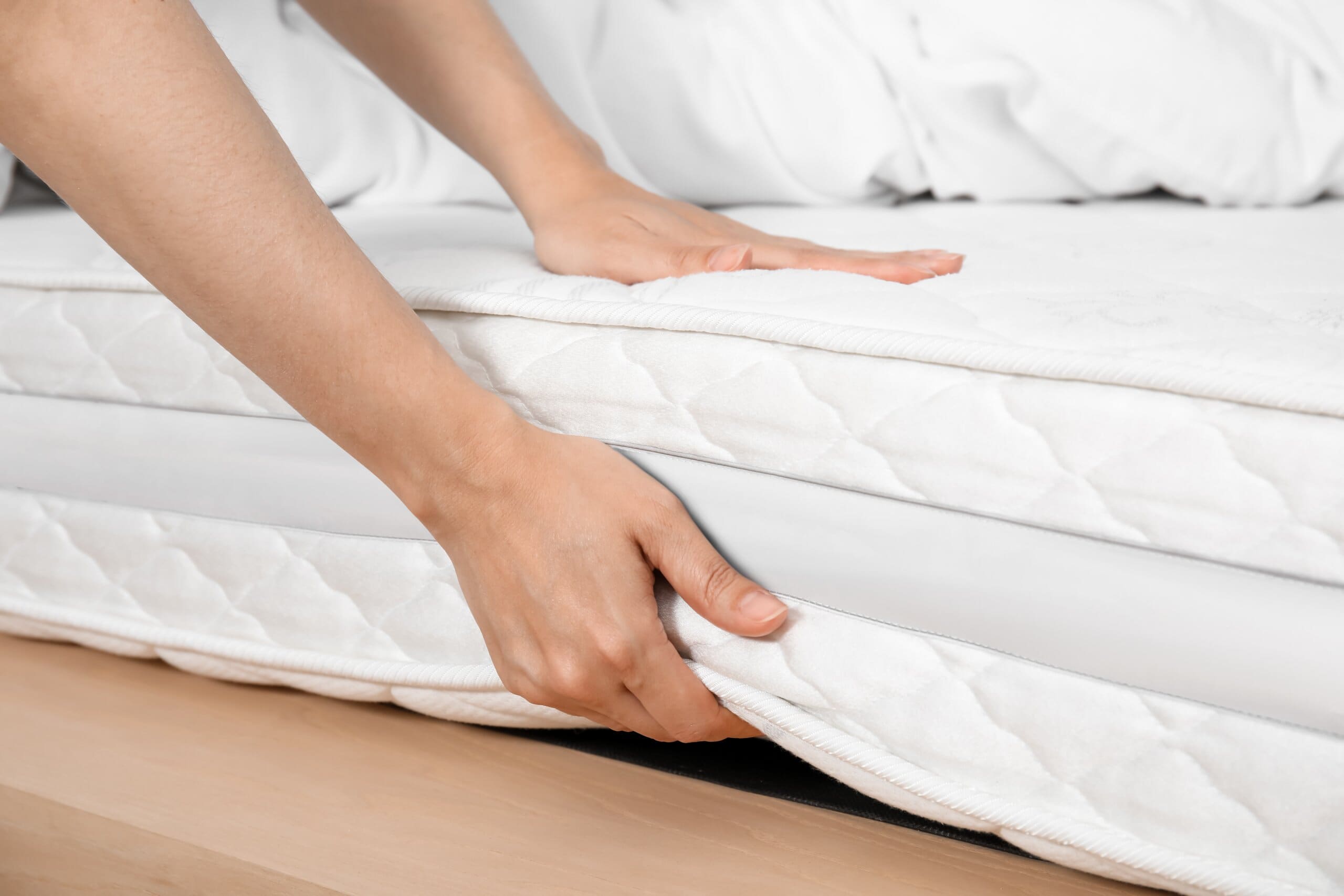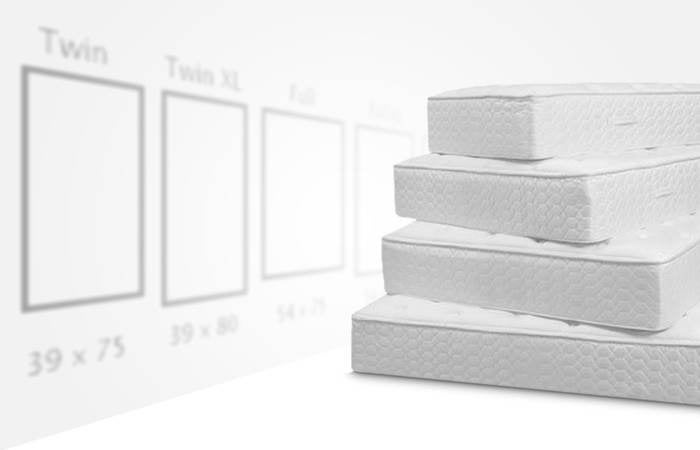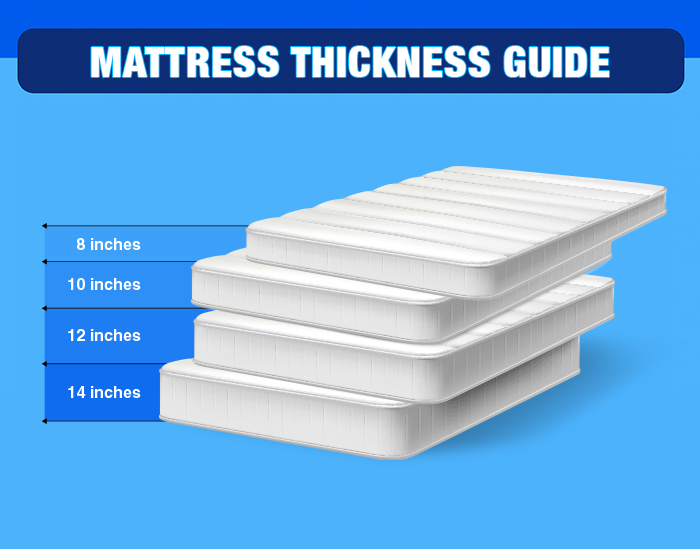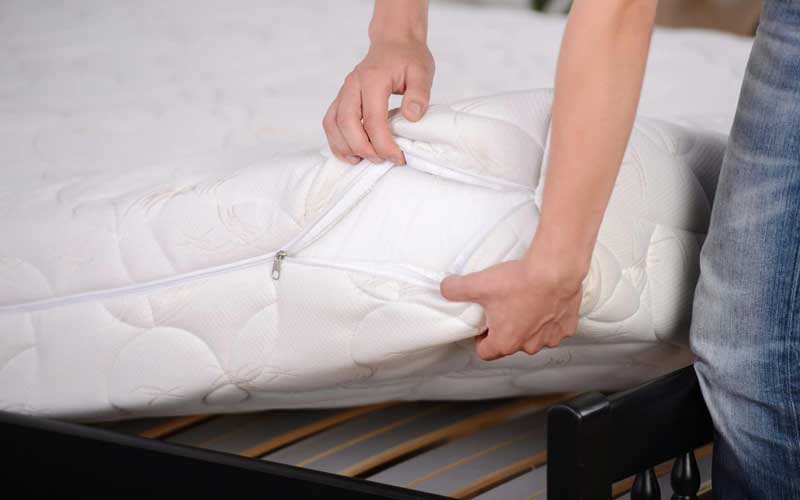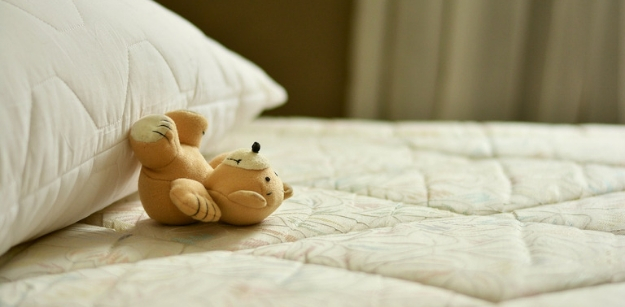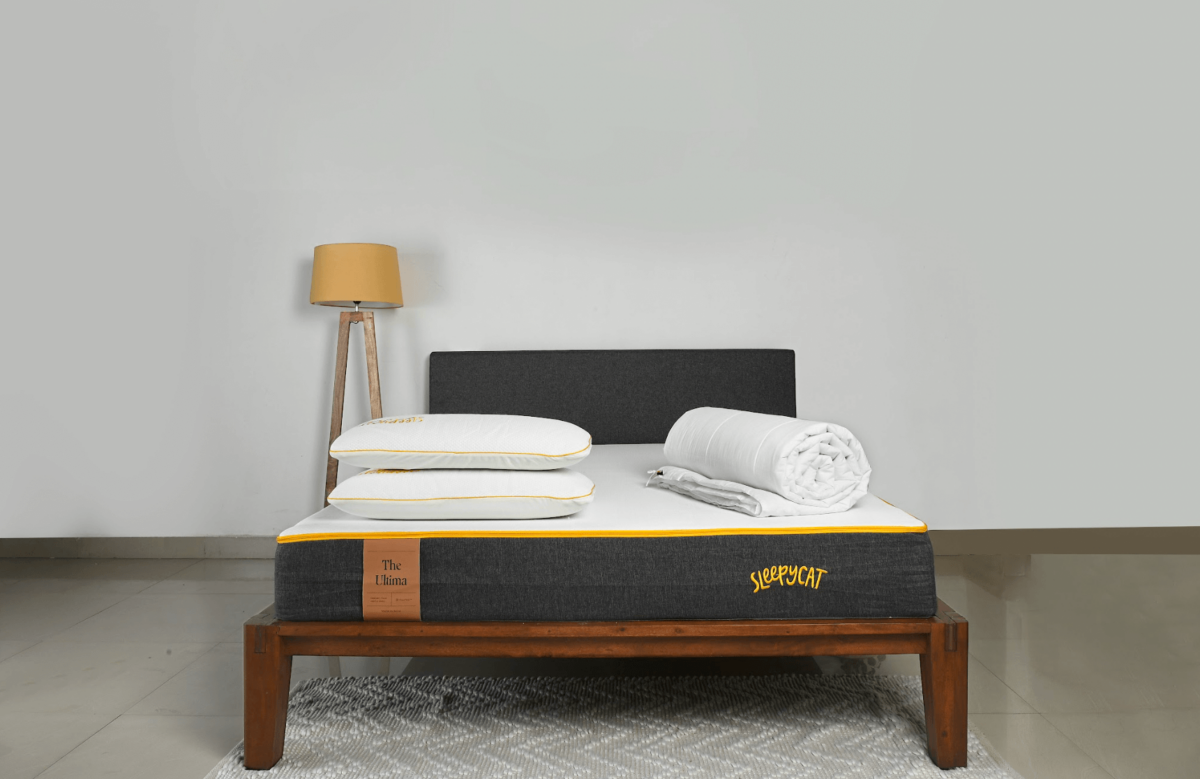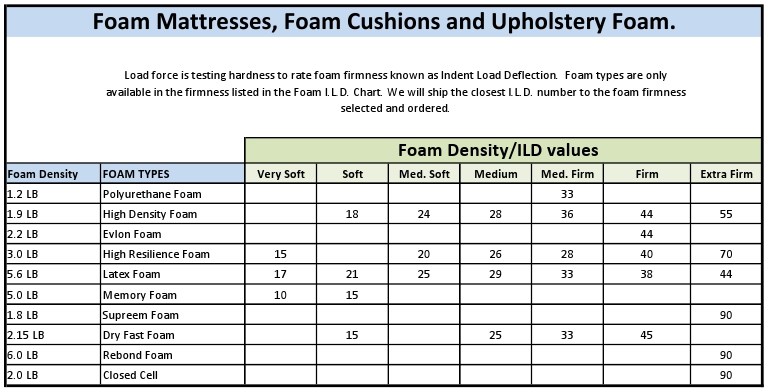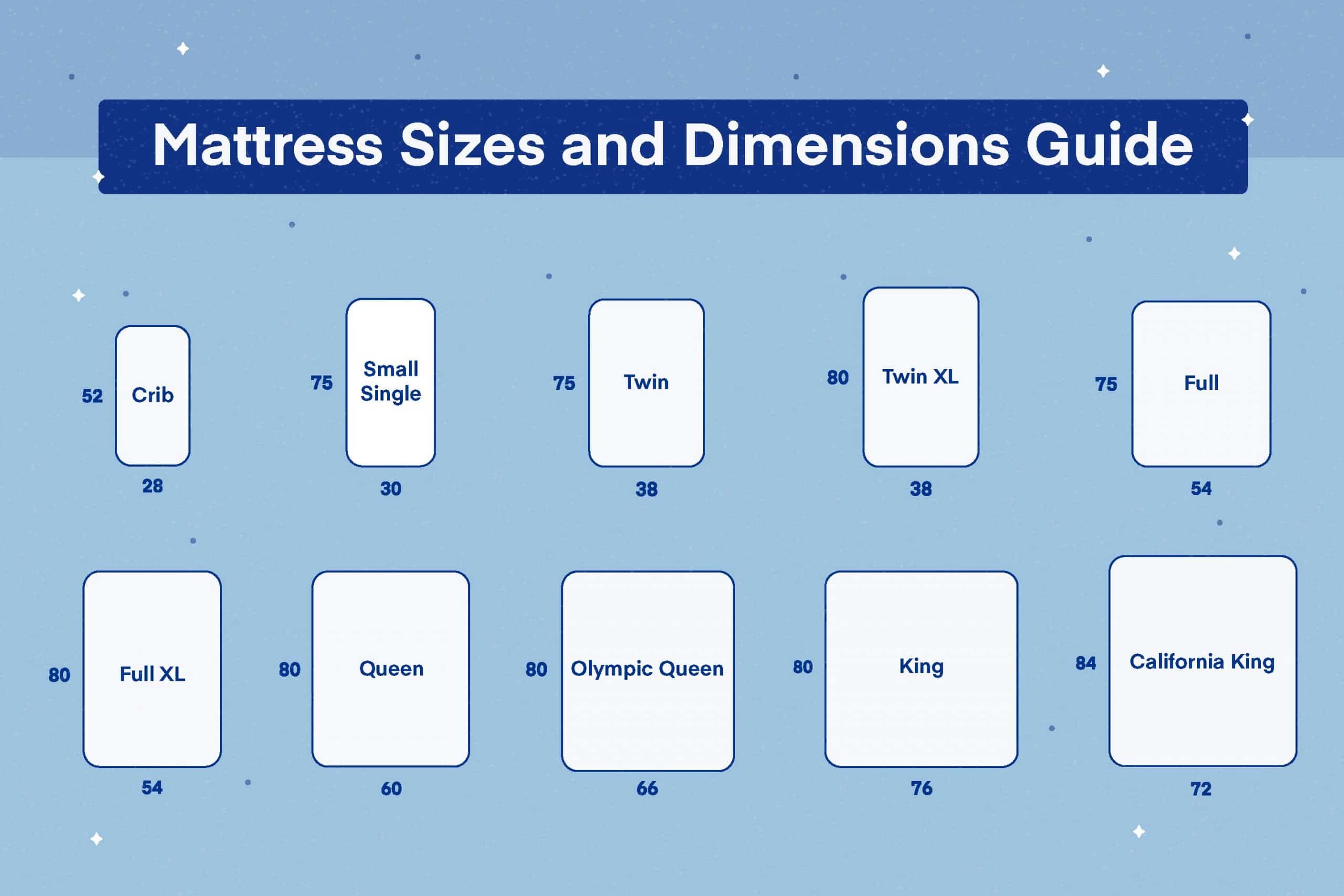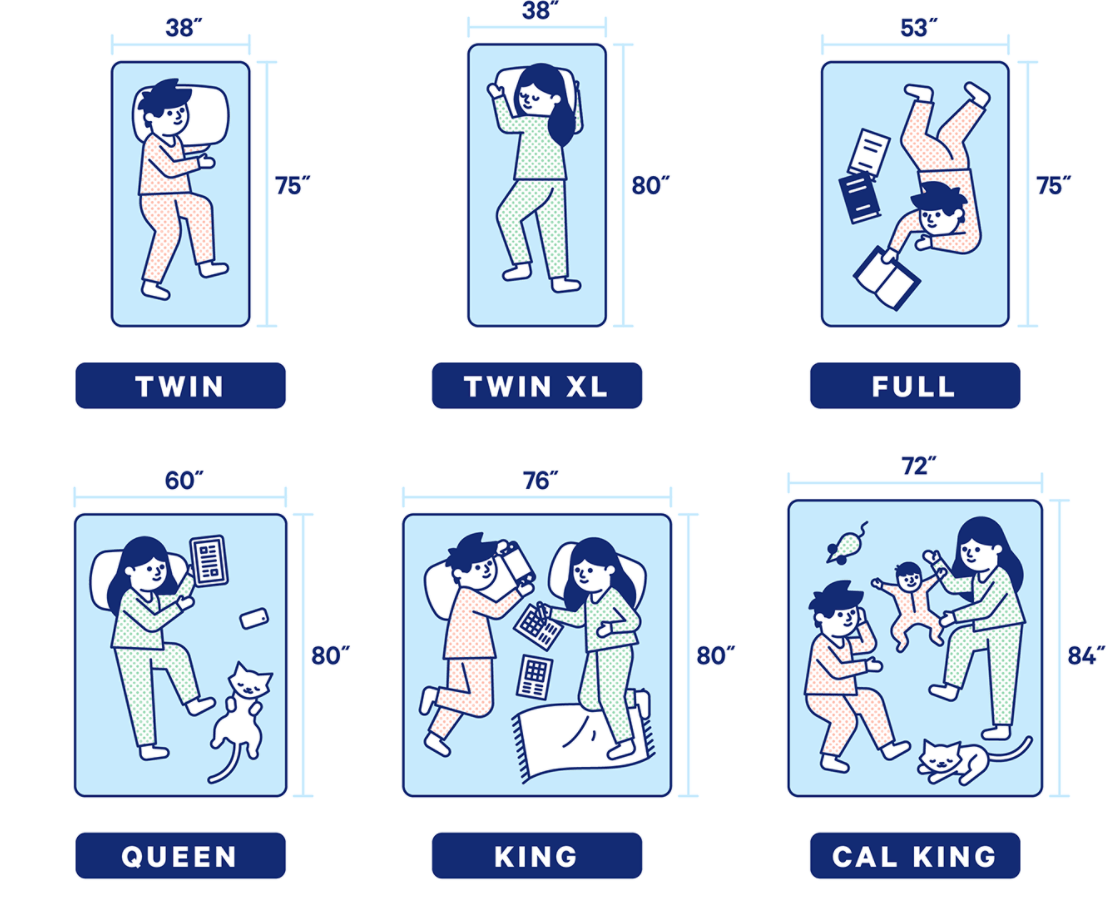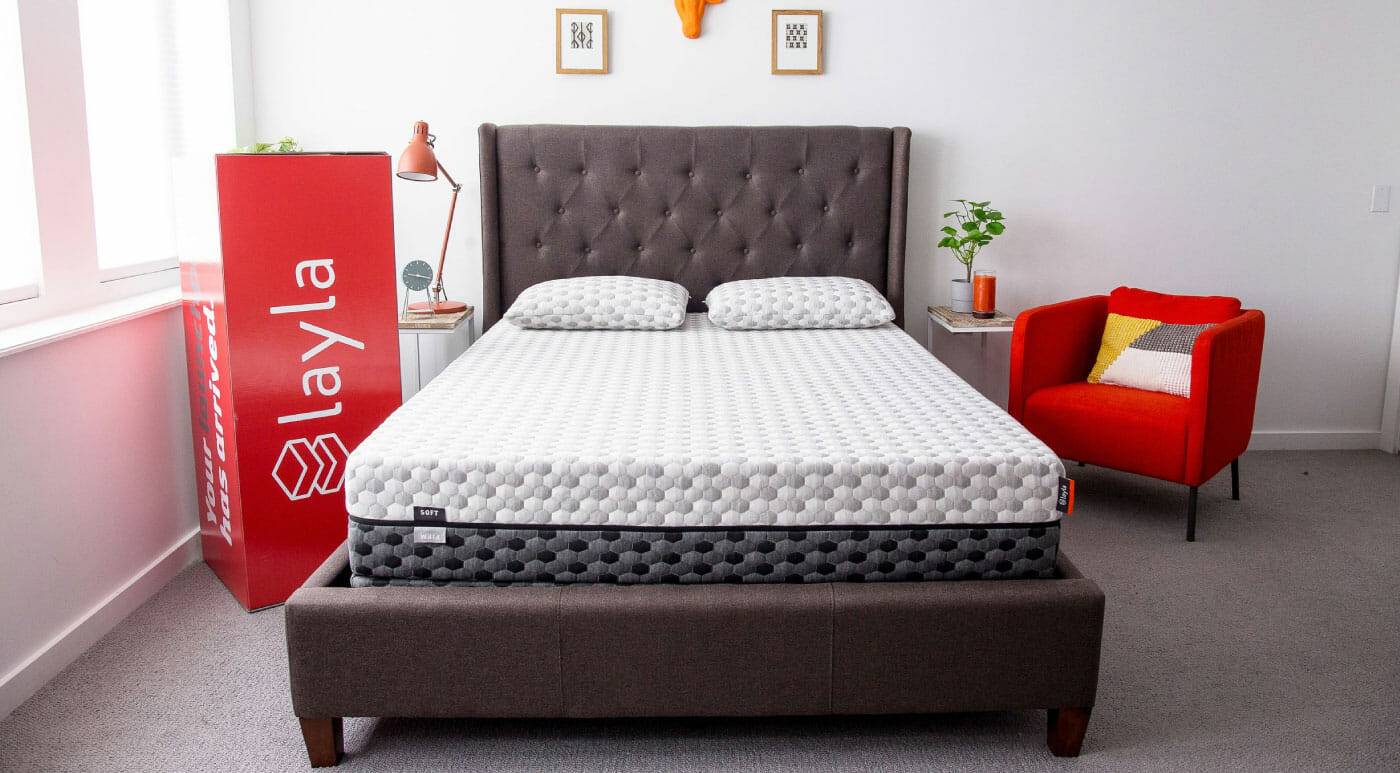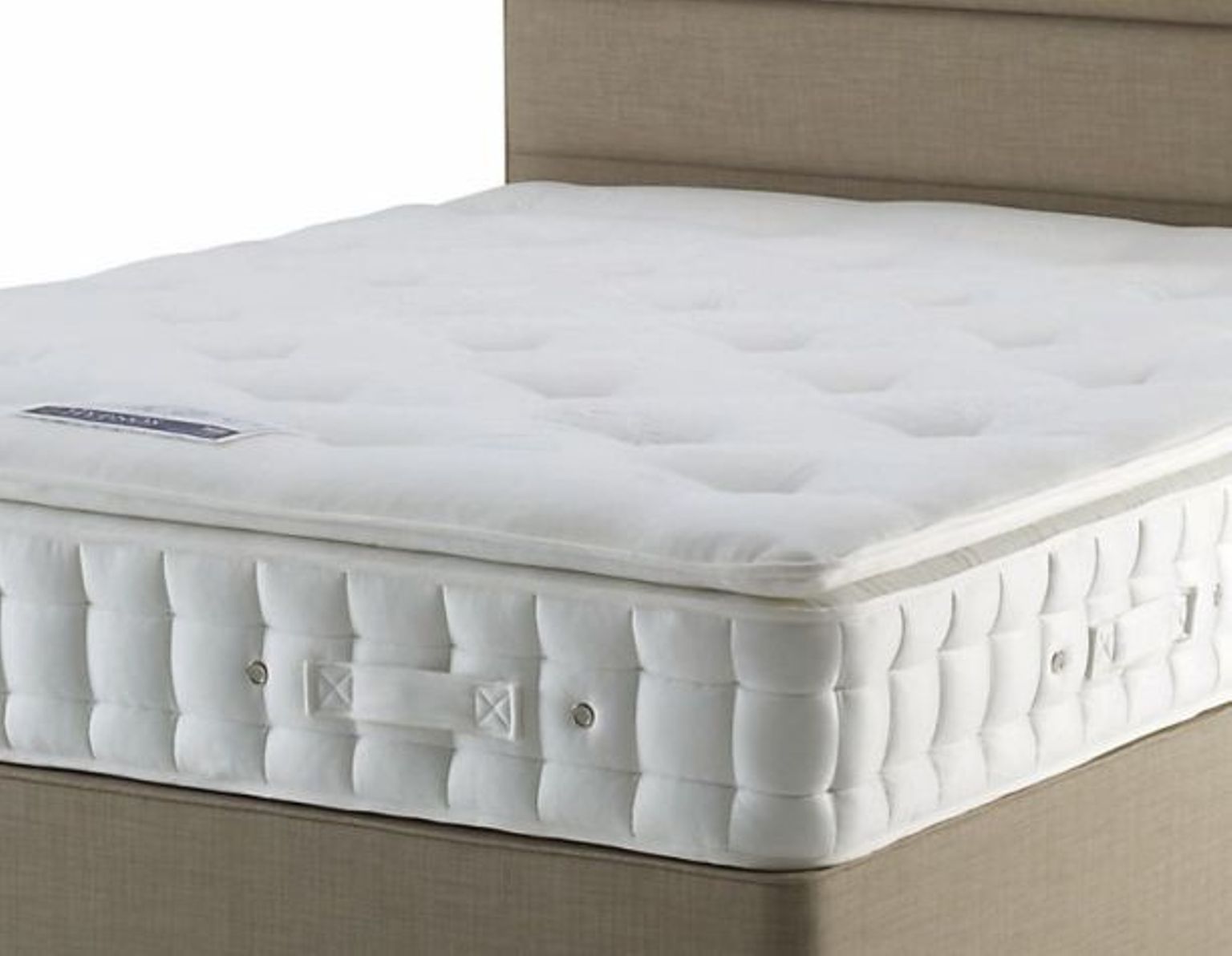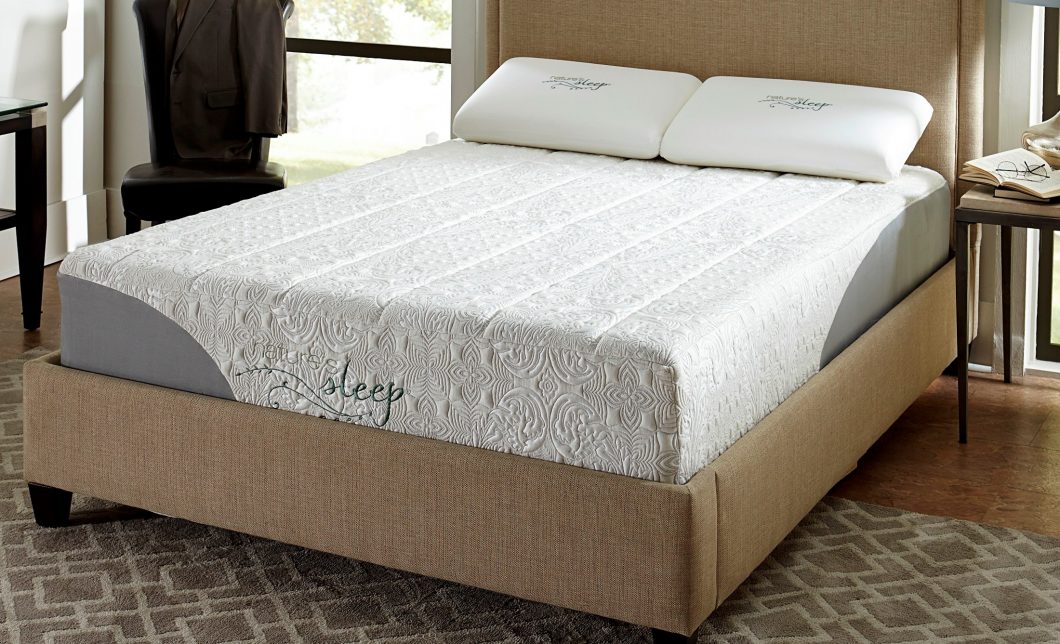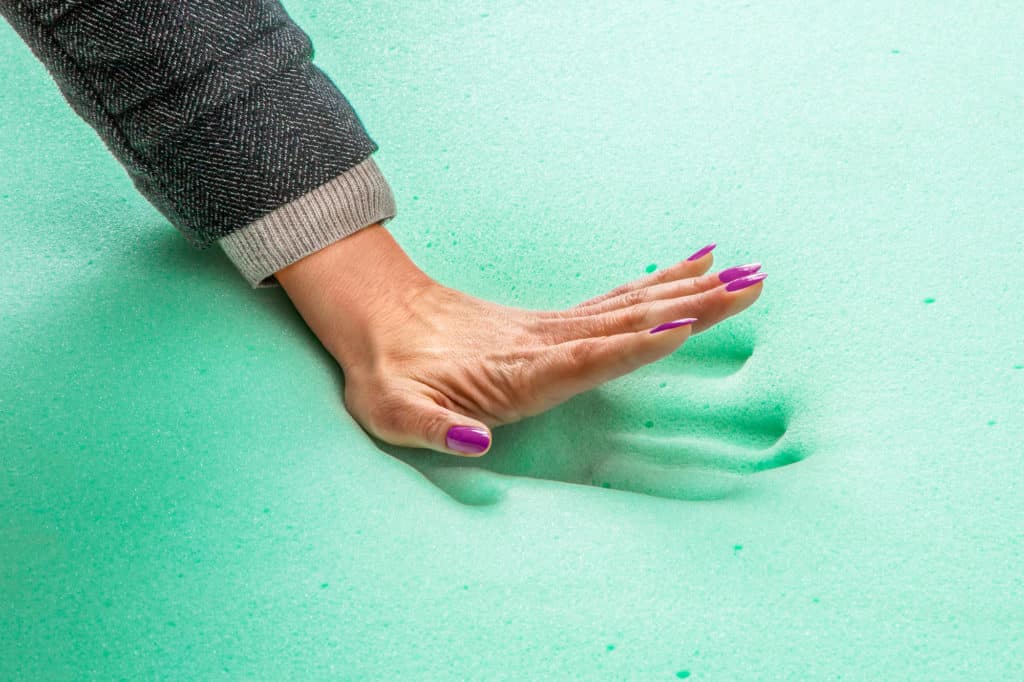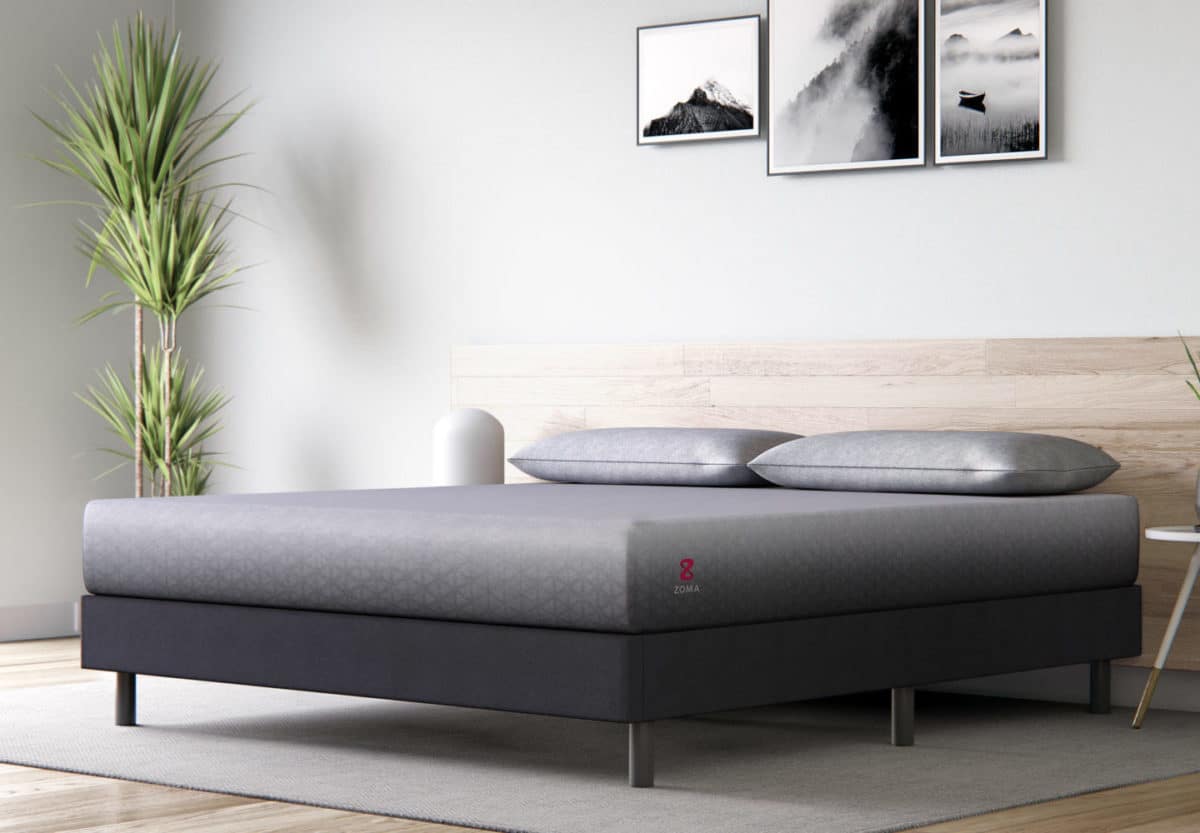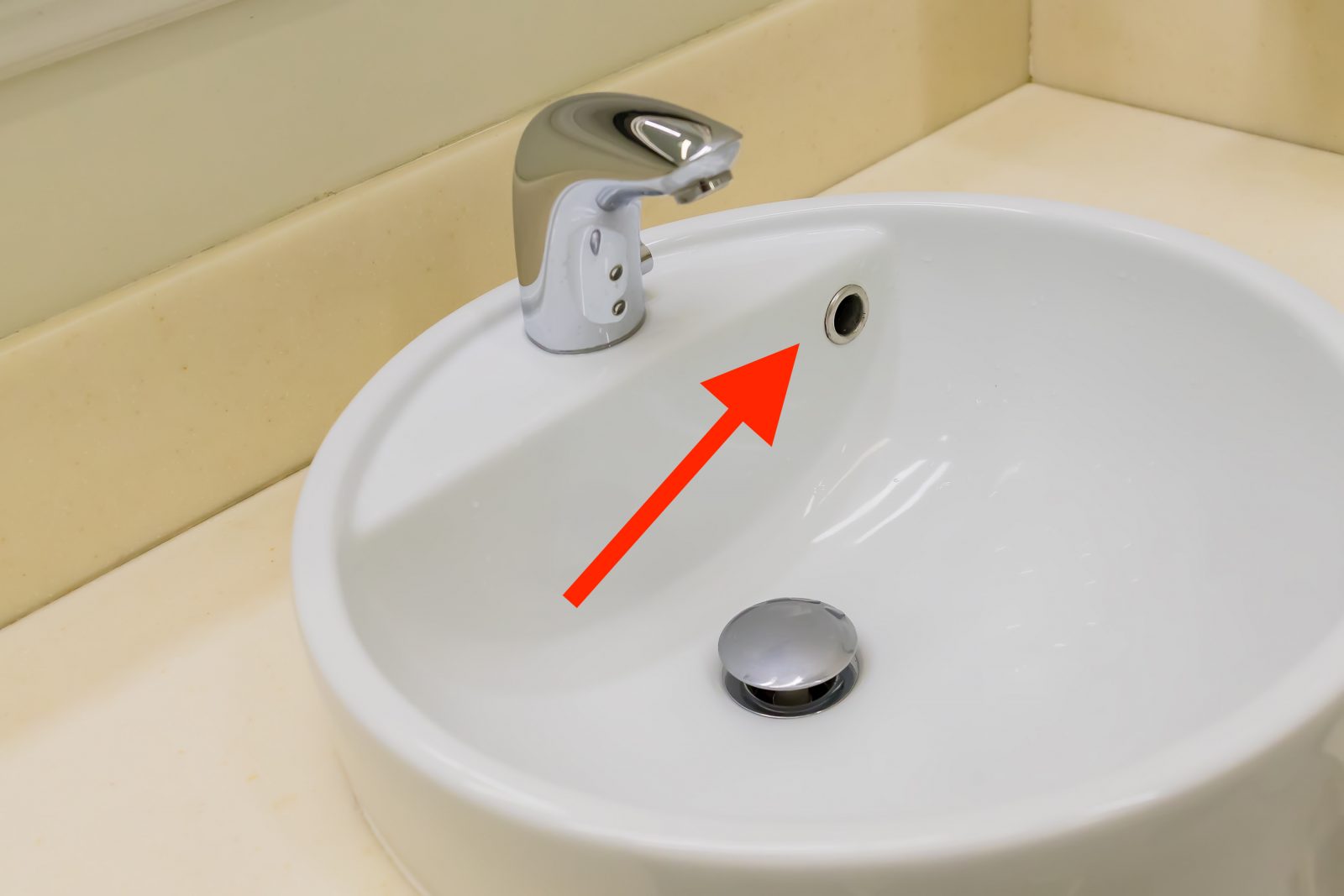Does Memory Foam Mattress Thickness Really Matter?
When it comes to purchasing a new mattress, one of the most important factors to consider is the thickness of the memory foam. While there are many different types and styles of mattresses on the market, memory foam has become increasingly popular due to its ability to conform to the body and provide optimal comfort and support. But does the thickness of the memory foam really make a difference? Let's take a closer look at this question and explore the top 10 reasons why memory foam mattress thickness does matter.
1. Memory Foam Mattress Thickness Guide
Before we dive into the specifics, it's important to have a basic understanding of memory foam mattress thickness. Generally, memory foam mattresses range from 6 inches to 14 inches in thickness. However, the most common thicknesses are 10 inches and 12 inches. Keep in mind that the thickness of the memory foam layer can vary within a mattress, with some featuring a thicker layer on top and others with a thicker layer on the bottom.
2. Support and Comfort
The primary purpose of a mattress is to provide support and comfort while you sleep. Memory foam mattresses with a thicker layer of foam tend to offer better support and comfort. This is because the thicker the foam layer, the more it can conform to your body and relieve pressure points. If you suffer from back pain or other body aches, a thicker memory foam mattress may be your best option.
3. Ideal Thickness for Side Sleepers
For those who primarily sleep on their side, a memory foam mattress with a thickness of 10 inches or more is recommended. This is because side sleepers need more cushioning for their shoulders and hips, which tend to sink into the mattress. A thicker memory foam layer can help alleviate any discomfort and promote proper spinal alignment.
4. Recommended Thickness for Back Pain Sufferers
Individuals who suffer from chronic back pain can benefit from a memory foam mattress with a thickness of at least 12 inches. This is because the thicker foam layer provides better support and can help alleviate pressure on the spine. It's important to note that the level of support and comfort can vary based on an individual's body weight, so it's always best to try out different thicknesses to find the right one for you.
5. Heavy Person? Opt for a Thicker Mattress
If you are on the heavier side, a memory foam mattress with a thickness of 12 inches or more is recommended. This is because a thicker foam layer can better support the weight of your body and prevent you from sinking too far into the mattress. This can also help prevent the mattress from wearing out too quickly, extending its lifespan.
6. Best Thickness for Stomach Sleepers
For those who primarily sleep on their stomach, a thinner memory foam layer may be more suitable. This is because stomach sleepers need a firmer surface to prevent their hips from sinking too far into the mattress, which can cause lower back pain. A thickness of 8-10 inches is typically the recommended range for stomach sleepers.
7. Couples Comfort
Sharing a bed with a partner can sometimes be challenging, especially if one person prefers a softer mattress while the other prefers a firmer one. In this case, a memory foam mattress with a thickness of 10 inches or more can provide the best of both worlds. This thickness can offer enough cushioning for one person while still providing enough support for the other.
8. Body Temperature Regulation
One common concern with memory foam mattresses is that they can retain body heat, causing some people to feel uncomfortably warm while they sleep. But did you know that the thickness of the memory foam layer can also play a role in temperature regulation? A thicker foam layer can provide better airflow and prevent heat from getting trapped, making it a better choice for hot sleepers.
9. Durability and Longevity
The thickness of a memory foam mattress can also impact its durability and lifespan. Generally, a thicker foam layer can provide more support and prevent the mattress from breaking down too quickly. This means that investing in a thicker memory foam mattress can save you money in the long run, as you won't have to replace it as often as a thinner one.
The Importance of Memory Foam Mattress Thickness in House Design

Why Memory Foam Mattresses are Gaining Popularity
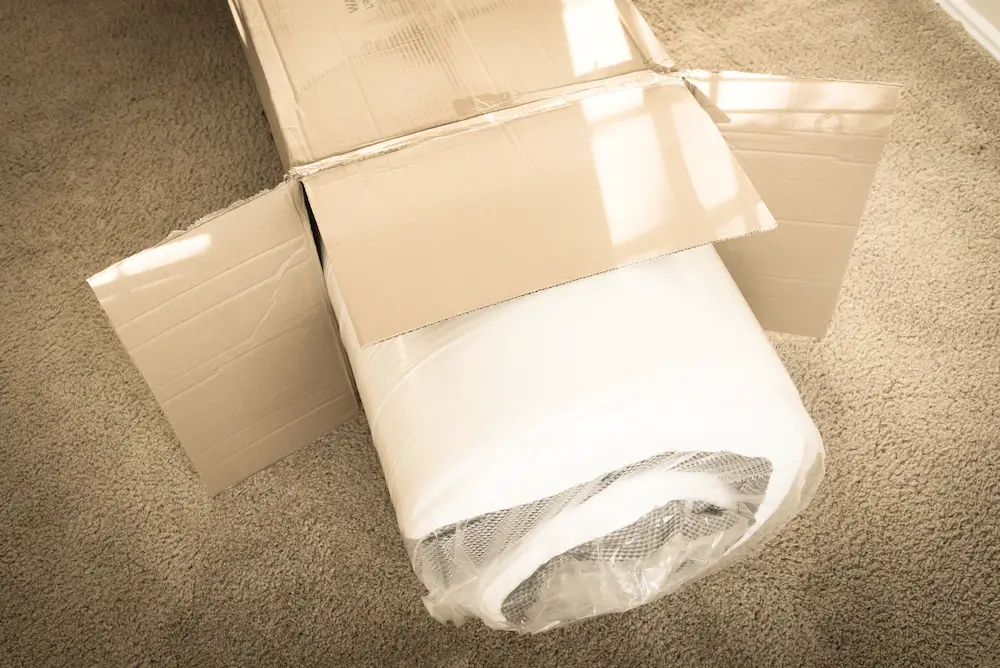 Memory foam mattresses have become increasingly popular in recent years due to their ability to conform to the body and provide support and pressure relief. This type of mattress is made from viscoelastic foam, which is known for its ability to respond to heat and pressure. This allows the mattress to mold to the shape of the body, providing a comfortable and supportive sleeping surface. However, with the increasing popularity of memory foam mattresses, the question arises: does the thickness of the mattress matter?
Memory foam mattresses have become increasingly popular in recent years due to their ability to conform to the body and provide support and pressure relief. This type of mattress is made from viscoelastic foam, which is known for its ability to respond to heat and pressure. This allows the mattress to mold to the shape of the body, providing a comfortable and supportive sleeping surface. However, with the increasing popularity of memory foam mattresses, the question arises: does the thickness of the mattress matter?
The Relationship Between Mattress Thickness and Comfort
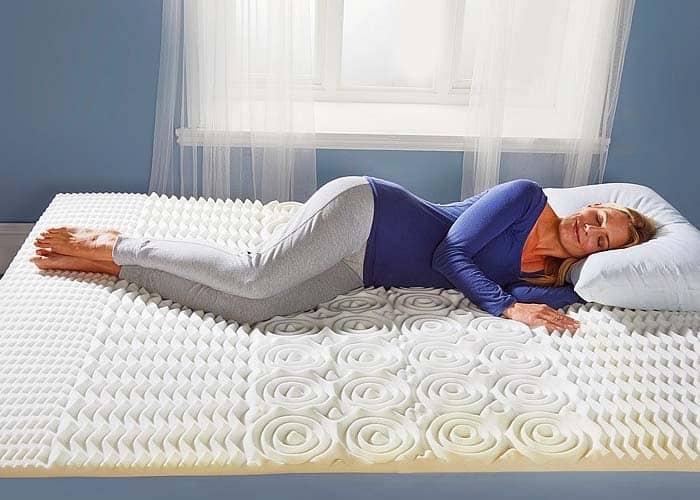 When it comes to memory foam mattresses, thickness does play a crucial role in the overall comfort and support they provide. The thickness of a memory foam mattress can range from 6 inches to 14 inches or more. The most common thicknesses are 10 and 12 inches, but the thickness that is best for you ultimately depends on your body type and sleeping preferences.
For those who prefer a firmer mattress, a thicker memory foam mattress may be the better option.
This is because the extra layers of foam provide more support and can prevent the body from sinking too deeply into the mattress.
On the other hand, for those who prefer a softer sleeping surface, a thinner memory foam mattress may be more suitable.
The thinner the mattress, the more you will feel like you are sleeping on top of it rather than sinking into it.
When it comes to memory foam mattresses, thickness does play a crucial role in the overall comfort and support they provide. The thickness of a memory foam mattress can range from 6 inches to 14 inches or more. The most common thicknesses are 10 and 12 inches, but the thickness that is best for you ultimately depends on your body type and sleeping preferences.
For those who prefer a firmer mattress, a thicker memory foam mattress may be the better option.
This is because the extra layers of foam provide more support and can prevent the body from sinking too deeply into the mattress.
On the other hand, for those who prefer a softer sleeping surface, a thinner memory foam mattress may be more suitable.
The thinner the mattress, the more you will feel like you are sleeping on top of it rather than sinking into it.
Considering Body Weight and Sleeping Position
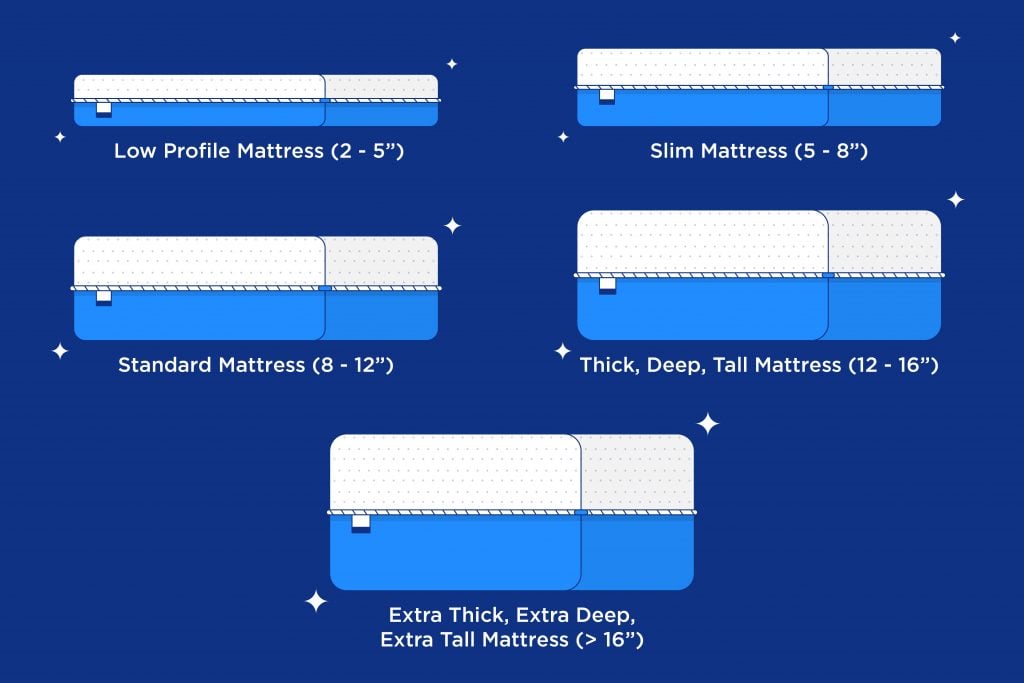 Another important factor to consider when determining the ideal memory foam mattress thickness is your body weight.
Heavier individuals may need a thicker mattress to provide the necessary support and prevent sinking too deeply into the foam.
On the other hand, lighter individuals may be comfortable on a thinner mattress.
Sleeping position also plays a role in determining the ideal thickness of a memory foam mattress.
Side sleepers tend to prefer a thicker mattress as it provides more cushioning for their shoulders and hips. Stomach sleepers may prefer a thinner mattress to prevent their hips from sinking too deeply.
Back sleepers typically find a medium thickness to be the most comfortable.
Another important factor to consider when determining the ideal memory foam mattress thickness is your body weight.
Heavier individuals may need a thicker mattress to provide the necessary support and prevent sinking too deeply into the foam.
On the other hand, lighter individuals may be comfortable on a thinner mattress.
Sleeping position also plays a role in determining the ideal thickness of a memory foam mattress.
Side sleepers tend to prefer a thicker mattress as it provides more cushioning for their shoulders and hips. Stomach sleepers may prefer a thinner mattress to prevent their hips from sinking too deeply.
Back sleepers typically find a medium thickness to be the most comfortable.
Other Factors to Consider
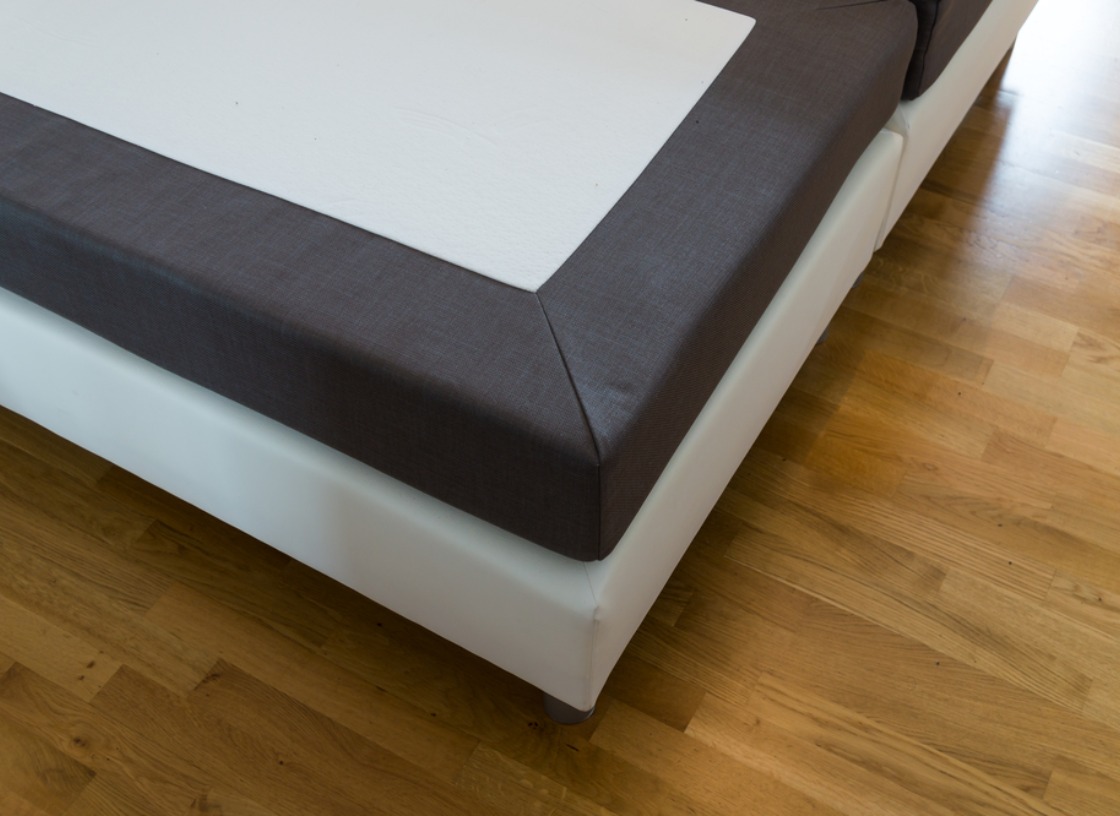 Aside from body weight and sleeping position, there are other factors to consider when determining the ideal thickness for a memory foam mattress. These include the quality of the foam, the number of layers, and the overall construction of the mattress.
It is important to choose a mattress with high-density foam and multiple layers to provide the best support and durability.
In conclusion, when it comes to memory foam mattresses, thickness does matter.
It is essential to consider your body weight, sleeping position, and the overall construction of the mattress when determining the ideal thickness for your needs.
Remember, a mattress that is too thin may not provide enough support, while a mattress that is too thick may be too firm and uncomfortable.
Choose a thickness that suits your body and sleeping preferences to ensure a comfortable and restful night's sleep.
Aside from body weight and sleeping position, there are other factors to consider when determining the ideal thickness for a memory foam mattress. These include the quality of the foam, the number of layers, and the overall construction of the mattress.
It is important to choose a mattress with high-density foam and multiple layers to provide the best support and durability.
In conclusion, when it comes to memory foam mattresses, thickness does matter.
It is essential to consider your body weight, sleeping position, and the overall construction of the mattress when determining the ideal thickness for your needs.
Remember, a mattress that is too thin may not provide enough support, while a mattress that is too thick may be too firm and uncomfortable.
Choose a thickness that suits your body and sleeping preferences to ensure a comfortable and restful night's sleep.








